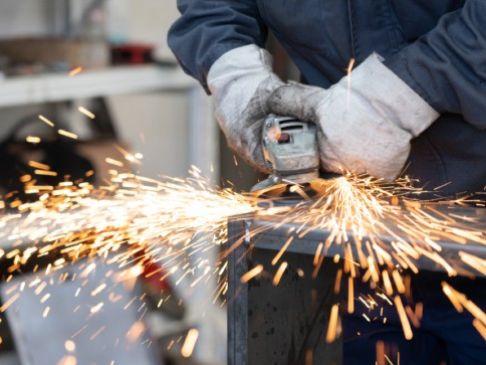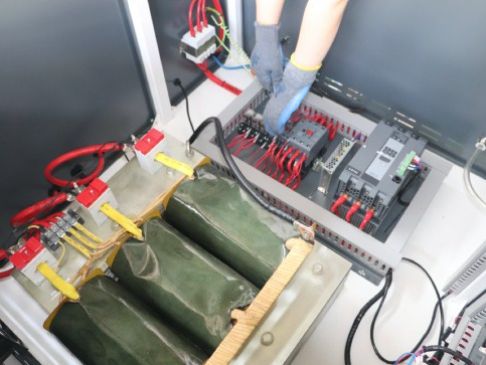Time:
what is Difference Industrial Kilns, industrial Ovens and industrial Furnaces ?
When you are looking to buy new industrial-grade heat treatment equipment you will likely come across the terms industrial kiln, oven, and furnace. At the superficial level, these can be used synonymously. But as you get closer to the purchasing stage you will start to notice distinct commonalities and differences between these three over-generalized definitions. For example: An industrial kiln and furnace with similar specifications can be distinguished from one another purely on their intended area of application.
So, how can you classify thermal processing equipment and what exactly is the difference between an industrial kiln, an oven, and a furnace?
INDUSTRIAL KILNS
An industrial kiln is a very high-temperature thermal processing unit used primarily for burning, calcining, or hardening samples. They may be gas-fired or electronic; using refractory ceramic heating rods to generate extreme temperatures in the region of 1300°C (2372°F). Unlike furnaces and ovens, industrial kilns are almost exclusively used for applications focussed on fundamental phase changes. You may use a calcination kiln to convert ceramic powders under controlled atmospheres to a solid-state, for instance. Or, industrial kilns can be used to anneal ceramics and induce greater hardness without imparting internal stresses.
INDUSTRIAL FURNACE
When you look at the available configurations and specifications alone, there does not seem to be a defining difference between an industrial kiln and a furnace. Most industrial kilns operate at a maximum temperature regime of 1300°C and above, while furnaces cover three regimes with respective peak temperatures of 1300°C, 1550°C (2822°F), and 1750°C (3182°F). Other than that, the difference between a kiln and a furnace is largely semantic, with ceramics processors typically using kilns while metallurgists use furnaces.
INDUSTRIAL OVENS
The difference between an oven and an industrial kiln or furnace is more distinct. There is no specific configuration nor temperature regime ascribed to ovens. Instead, they are typically classified by application. While kilns and furnaces are used for complex material processes, ovens are more commonly used for bakeout and drying procedures. You often find thermal processing equipment described as ovens in the electronics, medical, and pharmaceutical sectors where moisture content must be finely controlled to ensure the performance of end-products.
Related News

ndustrial furnaces are used globally for a wide range of applications. As the selection of applications grew, different types of furnaces were developed to keep up with demands.
ASHING FURNACES
Ashing furnaces are used to determine the amount of ash that forms after a sample is burned. Typical materials used as samples in ashing furnaces are petroleum products, lubricating oils, and coal.

Our furnaces can be used in high-temperature tempering, annealing, quenching and other
Get A Free Quote
Submit Request